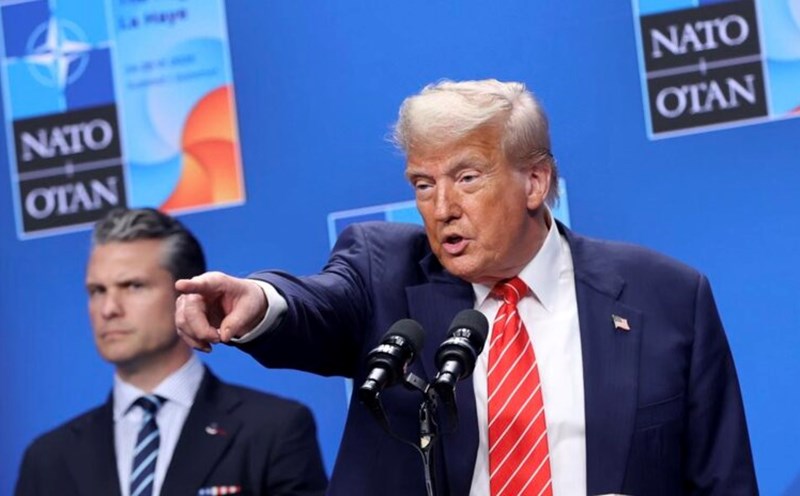US President Donald Trump said a segment of middle- and low-income people in the US could receive direct money from tax revenue from trading partners.
Speaking before boarding the Air Force One day, August 3, Mr. Trump emphasized: "There may be a distribution or division of money to the people of our country... We can divide the money".
Trump has applied a countervailing tax policy, imposing a minimum of 10% on most of his trading partners to balance the trade balance and promote negotiations. After a 30-day postponement, the deadline for taxation was extended to early August, and many countries have reached agreements with the US to avoid high taxes. On July 31, he signed a decree imposing tariffs from 10% to 41% on 69 economies, most of which will take effect from August 7.
According to the US Treasury Department, in the first half of 2025, the country collected more than $87 billion in taxes, exceeding the $79 billion figure for the whole year of 2024. Mr. Trump affirmed that the US is "going back" and left open the possibility of adjustment if economic partners make satisfactory proposals.
At the same time, Republican Senator Josh Hawley introduced a tax refund bill for US families. The proposal says that each adult raising a child will receive a minimum of $600, and a family of four will receive $2,400. The goal is to provide financial support and stimulate consumption, similar to COVID-19 relief packages.
Earlier this year, Trump and billionaire Elon Musk discussed the idea of giving people money from the Department of Government Efficiency (DOGE) savings managed by Elon Musk, but it has not yet come true. The allocation of a portion of the tax to distribute to the people is considered a consideration, reflecting the flexible approach of the Trump administration in using commercial revenue.










